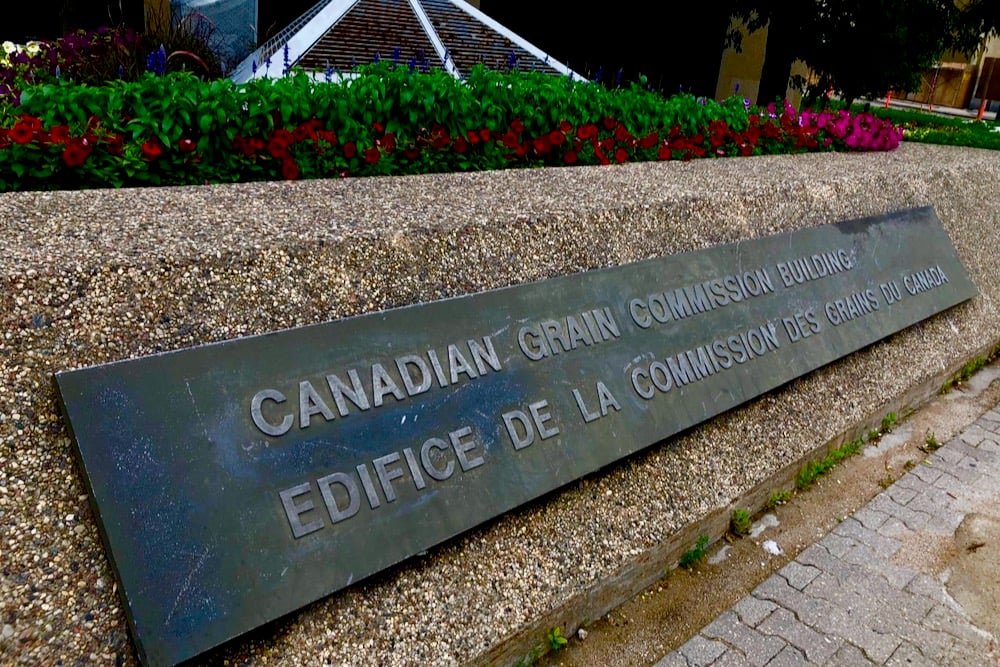The Canadian flax industry is nearing the finish line in efforts to get rid of the genetically modified flax variety Triffid.
However, there’s still some work to be done, says Don Kerr, president of the Flax Council of Canada.
“We are currently seeing extremely low levels (of Triffid) but, although we are close to our objective, as long as farm saved seed is being used at all, we cannot discontinue the sampling and testing procedure,” he said.
The council has joined Manitoba Flax Growers and Saskatchewan Flax in asking Canadian flax growers to use seed that has been tested and confirmed free of Triffid genetics.
Read Also

Canadian Grain Commission to use surplus to avoid fee increases
The Canadian Grain Commission will continue to use its surplus to cover budget shortfalls and avoid potential fee increases until 2028, the federal agency announced Monday, Oct. 27.
Flax growers who did not buy certified seed last year should plan to do so this year, the groups said in a joint news release.
There should be ample supplies of certified seed available this year, despite projections that producers may plant as many as two million acres.
Commercial growers are also urged to continue testing all harvested seed and bin run using an accredited lab that is capable of detecting Triffid genetics.
A list of accredited labs can be found on the flax council’s website at www.flaxcouncil.ca, along with information on approved sampling procedures
Funding had been available to help producers cover costs associated with sampling and lab testing fees, but it ran out in February 2014. Producers are now expected to cover testing and sampling costs.
Kerr said the industry has made tremendous strides in eliminating Triffid from Canada’s commercial flax pipeline, but now is not the time for the industry to let down its guard.
He said producers who were unable to buy certified or reconstituted flax seed last year should try again this year.
Seed shortages forced some growers to use bin run last year, which the industry would like to avoid this year.
“Last year, reconstituted seed was a bit of an issue because we ran out of supply,” Kerr said.
“But this year, there’s renewed supply … so what we’re trying to do is encourage growers to continue to look for supplies.”
Contact brian.cross@producer.com















